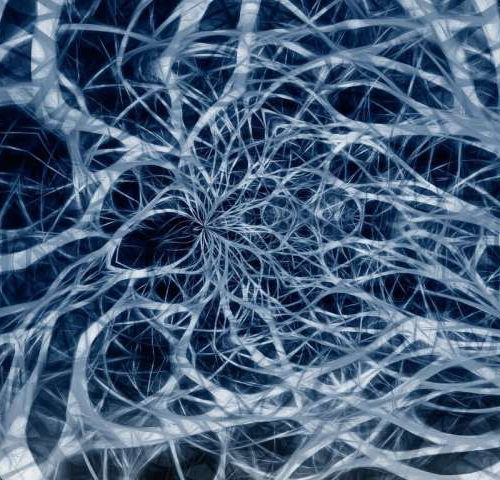by American Academy of Neurology Credit: Pixabay/CC0 Public Domain Tourette syndrome is currently diagnosed about three times more frequently in males than in females. A new study finds that female individuals are less likely to be diagnosed with the syndrome, take longer to receive a diagnosis and are older when they are diagnosed than male individuals....
Tag: <span>Tourette syndrome</span>
Regulator recommends two devices to reduce the severity of tics in people with Tourette syndrome
by Jane Icke, University of Nottingham Credit: University of Nottingham Two technologies that are based on research by University of Nottingham experts to reduce the severity of tics in people with Tourette syndrome (TS) are closer to patient use after being recommended in draft guidance by NICE. The two technologies are being developed utilizing research and...
New therapies offer effective treatment for managing Tourette syndrome
by Kennedy Krieger Institute Credit: Pixabay/CC0 Public Domain Researchers at Kennedy Krieger Institute have made significant strides in improving the lives of patients with Tourette syndrome. Their recent publication highlights how behavioral therapies—an approach that teaches patients how to manage certain tics using behavioral strategies—are proving to be the most effective treatment. The findings are published in the...
THERE’S A FRACTAL PATTERN IN TOURETTE SYNDROME TICS
They also show that a key characteristic of that pattern in any individual can predict how severe the disease will become. During the pandemic, news reports surfaced of a surge of young adults showing up at doctors’ offices with unexplainable movement disorders that looked, perhaps to a non-specialist, a little bit like Tourette syndrome. But...
Predicting the chaos in Tourette syndrome tics
During the pandemic, news reports surfaced of a surge of young adults showing up at doctors’ offices with unexplainable movement disorders that looked, perhaps to a nonspecialist, a little bit like Tourette syndrome. But when those patients were sent to see a specialist, “They’d say, ‘that doesn’t look at all like any of my first thousand...
Stimulating research gives new treatment hope for Tourette Syndrome
by University of Nottingham Scientists from the University of Nottingham’s School of Psychology and School of Medicine used repetitive trains of stimulation to the median nerve (MNS) at the wrist to entrain rhythmic electrical brain activity—known as brain-oscillations—that are associated with the suppression of movements. They found that rhythmic MNS is sufficient to substantially reduce...
An oral splint that can reduce Tourette syndrome tics
Researchers at Osaka University develop an oral device that effectively reduces motor and vocal tics in patients with Tourette syndrome OSAKA UNIVERSITY Osaka, Japan – Tourette syndrome is a neurological disorder characterized by vocal and motor tics, which can contribute to anxiety, depression, and low self-esteem. Researchers in Japan have developed a removable dental appliance that can reduce these tics in...
A gentle method for unlocking the mysteries of the deep brain
The subcortical areas of the brain, situated in its deepest reaches, remain a mystery. Scientists are aware of the critical role they play in motor, emotional and associative activity but do not know precisely how they work. A number of serious diseases are directly linked to these areas, including Parkinson’s, Tourette syndrome and obsessive-compulsive disorders...

